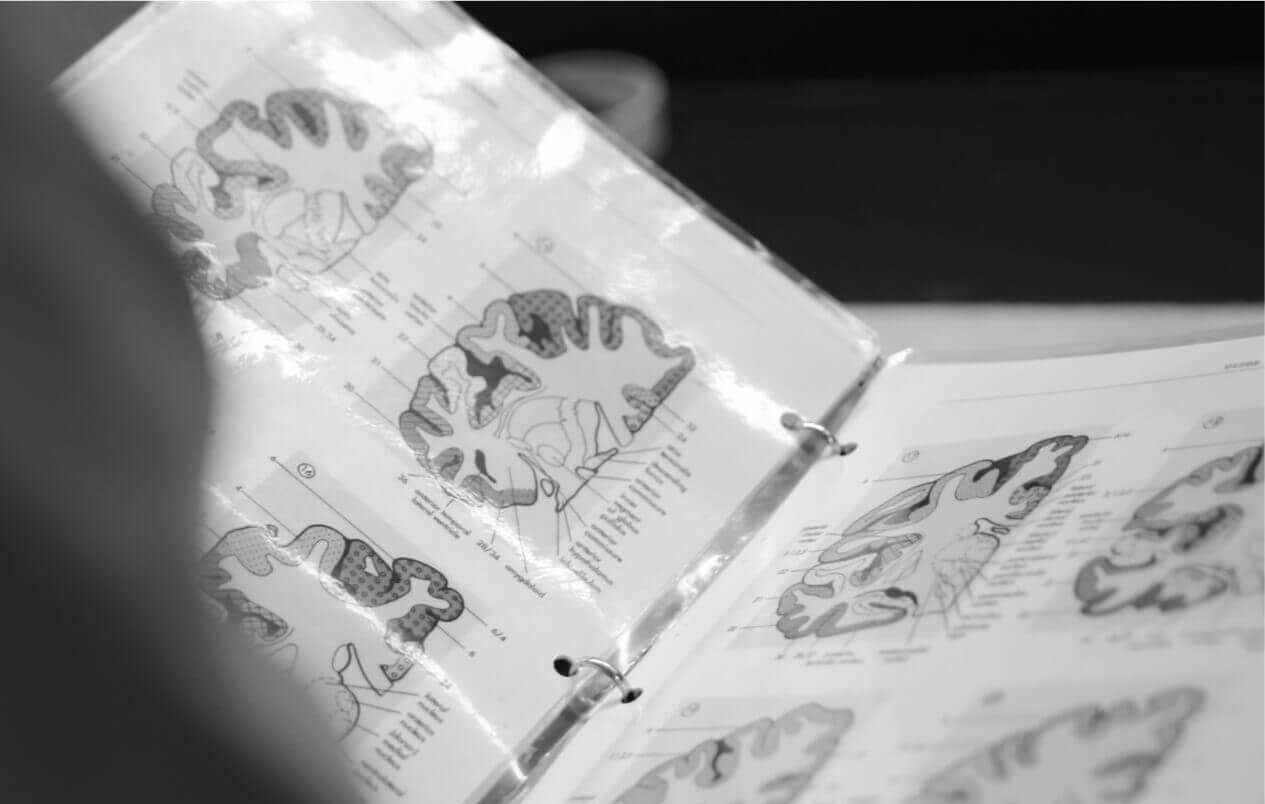About the Brain Donor Project
We exist to increase brain donation to advance science
Our mission is to raise awareness of the critical need for this tissue and to simplify the process of brain donation.
Supporting the National Institutes of Health’s NeuroBioBank
The Brain Donor Project connects potential donors with a brain bank in the NeuroBioBank, a network of brain banks that makes brain tissue available to neurologic researchers. The NeuroBioBank includes brain banks at Harvard, Mt. Sinai in New York, the University of Maryland, the University of Miami in Florida and UCLA in southern California.
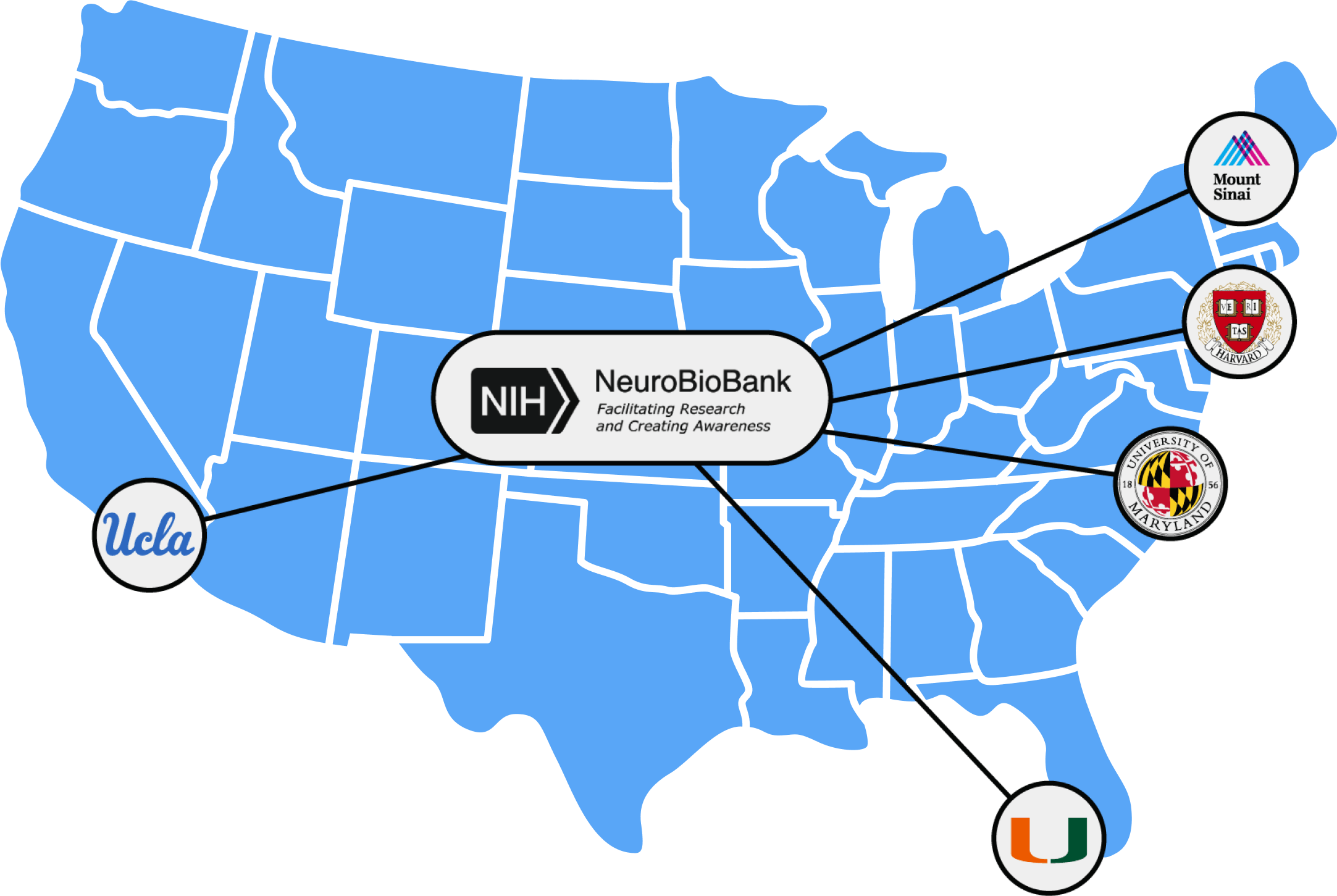





The brain that started it all
The Brain Donor Project is the legacy of Gene Armentrout, who died in March 2015 from Lewy Body Dementia (LBD). When his family learned more about LBD and the need for brain donation to find answers for neurologic disease, The Brain Donor Project was born.
“There is no better way to grasp the circuitry, processes, and function than to study the brain itself.”
The NeuroBioBank of the National Institutes of Health (NIH) had only recently been developed, and it wasn’t widely known that many kinds of brains were urgently needed for scientific research. When Gene’s family learned of the NeuroBioBank’s work to make available high-quality, well-characterized brain tissue for scientific study, the Brain Donor Project was born to support its efforts.
Recent advances have paved the way for rapid progress in defining genetic underpinnings of human disorders. These breakthroughs for complex brain disorders require high quality post-mortem brain tissue, and thus the need for these tissues has greatly intensified. That’s why the NIH created the NeuroBioBank, which established a new framework for collecting, processing, storing and distributing human brain tissue—to advance the science of brain disease.

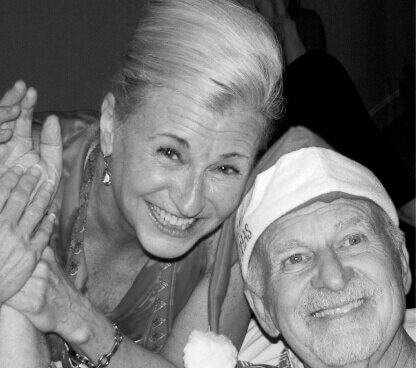
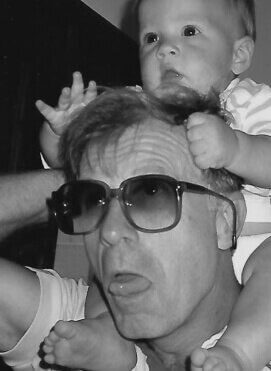
This is an enhanced histology image of the donated brain of Gene Armentrout.
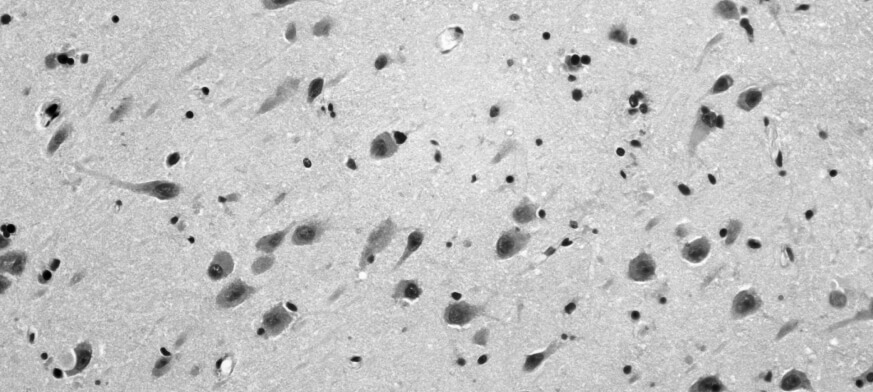
Sign Up For Our Newsletter
For news, donor stories, new merch and more


